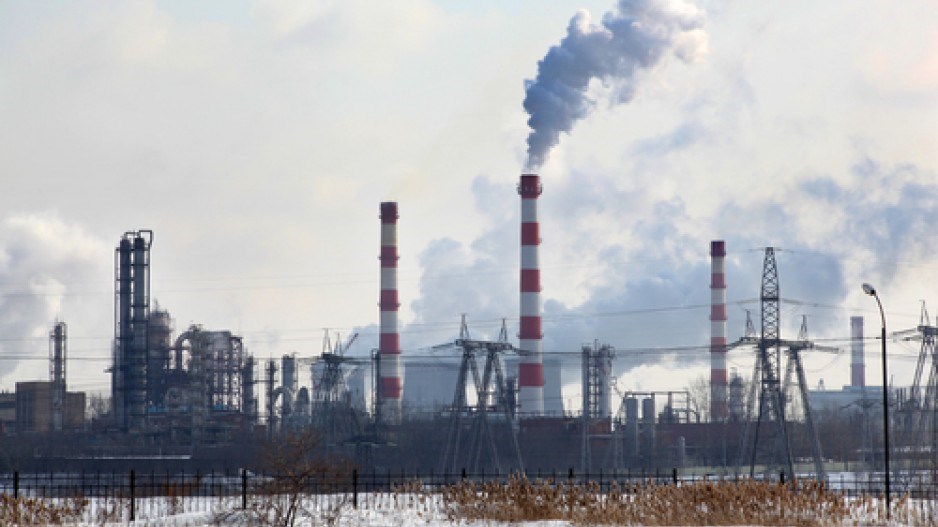The oil and gas sectors in Alberta and B.C. will need to shoulder a significant share of the burden of reducing greenhouse gas emissions, if Canada is to meet its climate action commitments, the National Round Table on the Environment and the Economy concludes in a new report.
"Despite making progress in reducing greenhouse gas emissions, Canada is not on track to achieve the federal government's 2020 reduction target of 17% below 2005 levels," the round table concludes in Reality Check: The State of Climate Progress in Canada (http://nrtee-trnee.ca).
"Canada will not achieve its 2020 GHG emission reductions target unless significant new, additional measures are taken. More will have to be done. No other conclusion is possible."
The federal body was asked last year to assess how Canada is doing on its climate action policies and was later informed that it would be shut down. In one of its last reports before it winds down, the round table concluded that Ottawa is not pulling its weight when it comes to enacting greenhouse gas reduction policies.
The report says provincial governments are doing most of the work with respect to reducing greenhouses gases through government policies. Even so, despite introducing a carbon tax and requiring all public organizations to pay carbon offsets for failing to meet carbon neutrality targets, B.C. is still not on target to meet its reduction targets, the report finds.
Only Nova Scotia and Saskatchewan are likely to hit their climate action targets, the round table predicts.
Not surprisingly, Alberta has the most work to do when it comes to GHG reduction, thanks to the oilsands.
The report states "emission reductions from Alberta will need to account for more than half of all future reductions to meet the 2020 target, followed by Ontario and British Columbia."




